
Explore the top rated Mount Vernon drug rehabs with confidence. We've analyzed each of the 25 addiction treatment centers in Mount Vernon, MO for patient reviews, clinical credentials, transparency, and brand reputation to identify the best rehab programs.
Filter by inpatient, outpatient, detox, health insurance, specialty program and more to quickly find the best drug and alcohol rehab in Mount Vernon.Our Methodology
Rehab Score
Our Rehab Score is designed to make it easier for you to find the best treatment centers. We combine overall ratings with recent feedback to create a score that reflects a center's quality right now.
.
Insurance details are not available for this location.
| Name / Address / Rating | Description | Treatments / Programs / Payment Options | Review / Contact | Images | |
|---|---|---|---|---|---|
Monett, MO | Located in Monett, Missouri, is the Clark Community Mental Health Center. This is a private nonprofit organization that provides comprehensive mental health services to adults and adolescents living in Barry, Dade, and Lawrence Counties. There are also programs here for individuals who are struggling with substance abuse. For example, there’s | Treatments Programs Payment Options | My son warmed up to Brian very quickly and the front staff was very nice to us.
Kristy Rose
11 months ago
I found the answers I needed by having talked to Susan and Holly. They definitely put me in the right direction.Thank you!!
John Koop
1 year ago
The meetings with Jess or Kari are the best meetings in monett
Ronald Roetto
7 years ago
| ||
Monett, MO | Clark Community Mental Health Center is a facility that offers substance use disorder treatment services in Monett, Missouri. The treatments provided include substance use counseling and crisis services. Services can be paid for through Medicaid, Medicare and other insurance plans. Helpful Services for DWI Offenders Clark Community Mental Health ha | Treatments Programs Payment Options | My son warmed up to Brian very quickly and the front staff was very nice to us.
Kristy Rose
11 months ago
I found the answers I needed by having talked to Susan and Holly. They definitely put me in the right direction.Thank you!!
John Koop
1 year ago
The meetings with Jess or Kari are the best meetings in monett
Ronald Roetto
7 years ago
| ||
Aurora, MO | Alliance Counseling Associates – Aurora, Missouri, provides outpatient services to support you in recovering from substance use disorders. If you’ve been referred from the court, they can work with you to help you complete your compliance requirements. While they don’t directly treat opioid disorders, they will accommodate you if you’re | Treatments Programs Payment Options | Alliance Counseling Associates has no reviews yet. Leave a review.
| ||
The Recovery Team – North Little RockAd This is an ad and The Recovery Team – North Little Rock is a paid advertiser. Paid advertisers may be listed first in search results. This ad may contain content provided by the advertiser. Rehab.com does not verify ad content or any reviews that are displayed. Learn More North Little Rock, AR | The Recovery Team, founded 10 years ago, is known as one of the top addiction treatment and mental health rehab centers in the country.
The treatment centers provide therapy and medications (if needed) that get to the root of the issue in a welcoming, comfortable environment. Treatment is covered by insurance and backed by hundreds of positi | Treatments Programs Payment Options | View Website (888) 270-7241 | The Recovery Team – North Little Rock has no reviews yet. Leave a review.
| 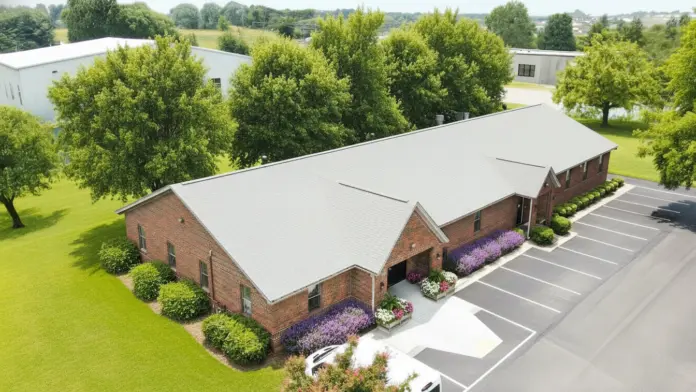
4 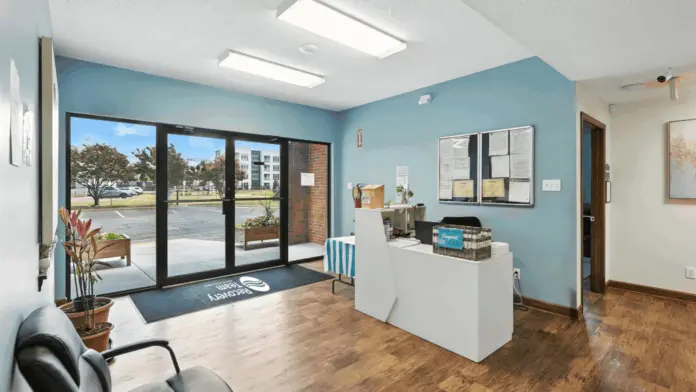
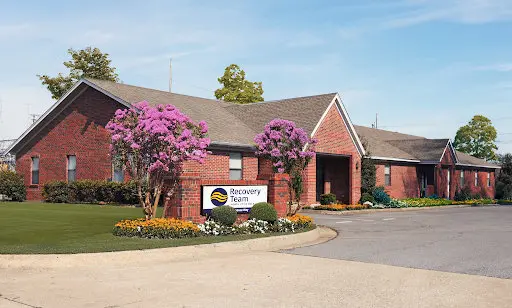
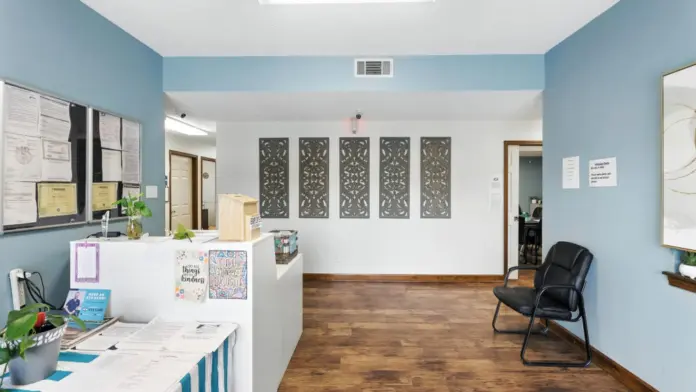
|
Rogersville, MO | Synergy Recovery Center in Rogersville, Missouri, offers treatment to women who are seeking to recover from drug and alcohol addictions. This also includes dual diagnosis cases that coincide with mental health conditions. These conditions can include depression, anxiety, bipolar disorder and PTSD. They offer residential treatment to women and provi | Treatments Programs Payment Options | When I googled Synergy, I knew it was the place for me to begin my recovery journey. From the moment I arrived & got acclimated, I felt at home. The staff is exceptional! They are gracious, welcoming, helpful, professional & fun. They encourage you & hold you accountable. Any suffering you are experiencing, whether it's pain, loss, grief, low self-esteem, desperation, rejection, shame or not feeling worthy of love, Synergy gives you the tools & skills to allow you to be vulnerable in a safe environment. This, without a doubt, has been one of the most amazing experiences I have ever had. I am proud of the steps I've made, fortunate to have met amazing women who will always be my friends, and determined to continue this journey in my recovery.
6 years ago
Synergy Recovery Center was an amazing experience. The staff really made me feel like home and I felt supported and equipped with the tools I need for long-term sobriety. I am so thankful to the clinical staff and the RA's for challenging me everyday and helping me see myself and my potential again. I have hope again, and I can't thank Synergy enough.
6 years ago
This is an amazing program. As this isn't my first in patient treatment I can compare it to other programs (that just don[t match up). The staff go above and beyond and 100% of them are kind, supportive; each genuinely want to help me on my path healthy enduring life/skills and my road in recovery.
I appreciate the wide diversity of educational programs and exposure to all forms of recovery programs.
I really liked having such a small number of clients in the house, I feel this allowed for exceptional individualizing of each client.
Thank you for support in finding my path!!
6 years ago
| 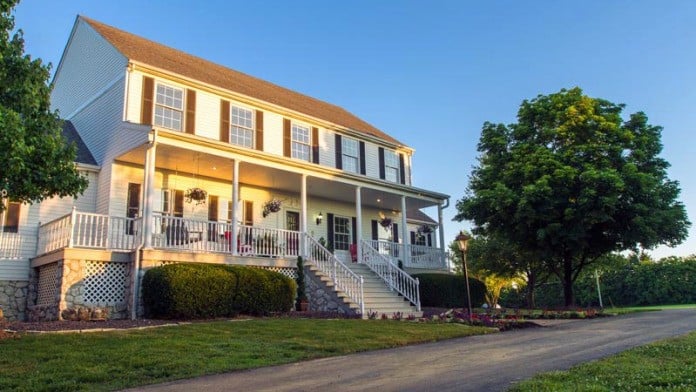
6 6 
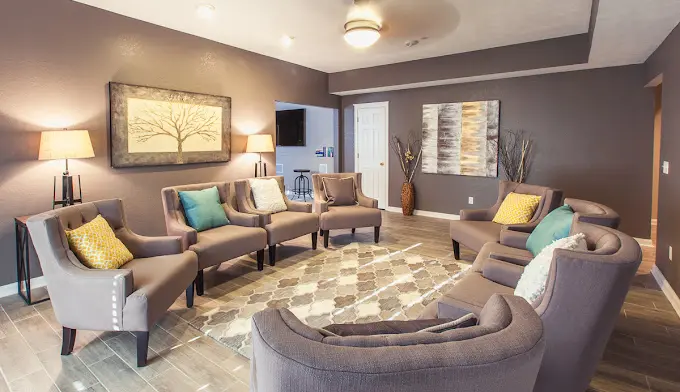


| |
Springfield, MO | Cox North Hospital is part of the CoxHealth network. It’s a crisis center in Springfield, Missouri. They’ve been around since 1906. Since that time, they’ve provided medical care for adults and children. At this particular site, they have psychiatric care and emergency services. You should be aware that the North Hospital is basically a campu | Treatments Programs Payment Options | I checked myself into the Cox North treatment center about 2010. Got set up on Suboxone. Unfortunately I ended up getting fired before I could finish the treatment and had to get off it all by myself. And I was on 24 mg a day three pills. I wish I'd have been on 2 mg a day. When I tried winning it down myself I realized 2 mg a day was keeping the problems away if you know what I mean. But it does work! Your poop's going to be pretty loose for a long time if you were on opiates but Imodium will help LOL anyways don't give up people!
Rick Byrd
Rick Byrd
1 year ago
Been a sober client for 5 years running through this program. I highly consider it above all others...
Ryan Thirnsberry
1 year ago
The best people work there and help you get through your sobriety and getting through a lot of getting used skills coping skills in place before your done with the class you will know how to cope with stress and learn not to lean on alcohol
Melissa Harrell
2 years ago
| 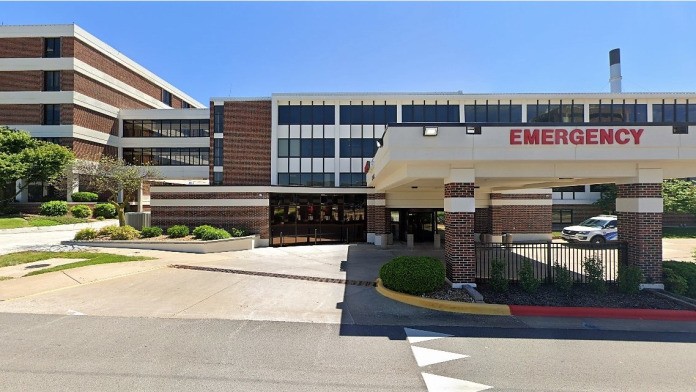
| |
Springfield, MO | Burrell Behavioral Health’s Behavioral Crisis Center is a walk-in crisis center that is open 24/7, every day of the year. It’s located in Springfield, Missouri. Their services for adults include walk-in crisis management, telehealth appointments, adult psychiatry care, and addiction recovery services. They also offer medication assisted treatme | Treatments Programs Payment Options | I love Burrell
Chrystal Alderson
4 months ago
The amazing people here helped me more than words can describe. Life is difficult sometimes; it is what it is. Thank you.
Aaron Jamison
4 months ago
Incredibly helpful to me during an unexpected crisis.
Matthew Paulson
4 months ago
| 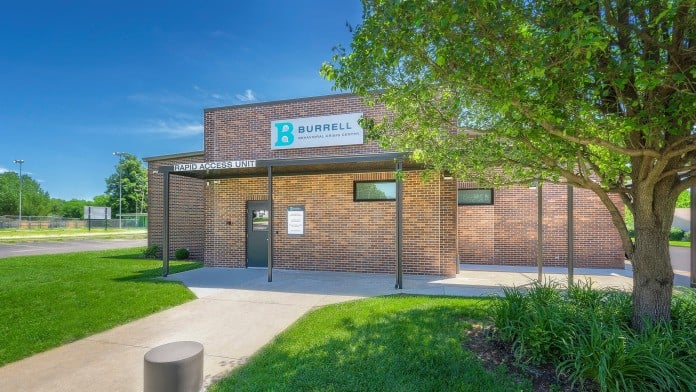
2 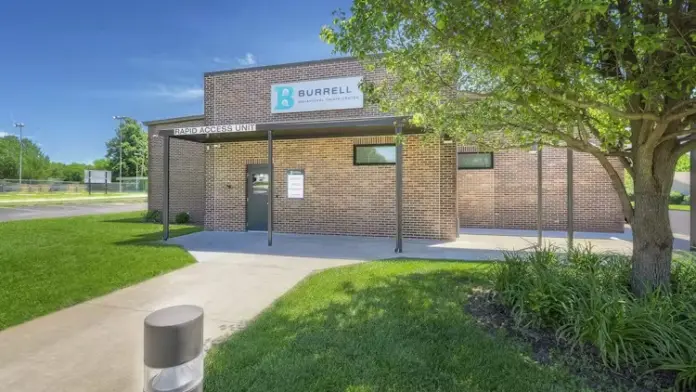
| |
Joplin, MO | BHG Joplin Treatment Center, short for Behavioral Health Group, is an outpatient opioid treatment facility in Joplin, Missouri. BHG is the largest network of outpatient opioid treatment facilities accredited by the Joint Commission in the country. Their mission is to give as many people as possible access to evidence based behavioral and medical t | Treatments Programs Payment Options | These people are the best, really. No one judges you for past actions or the addiction you have. The group I am with is very nice and supportive between each other.
6 years ago
Helped me out so quickly. Was a God send in my recovery
Jeffery Morgan
3 months ago
First time I was treated with respect regarding addiction. They are there to help. Awesome staff. I’m very grateful for their expertise, knowledge and understanding. If you’re suffering with addiction, I would highly recommend.
Kansas Girl
7 months ago
| 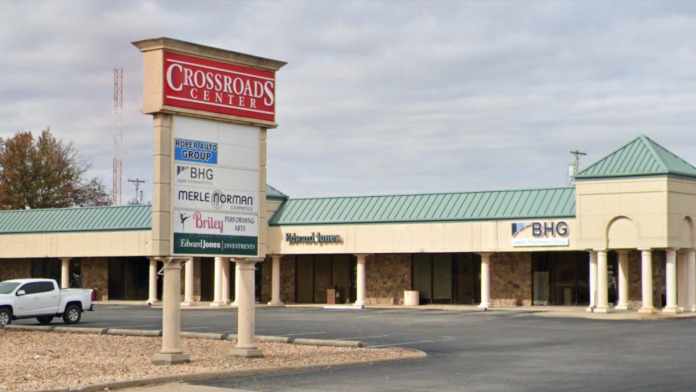
| |
Springfield, MO | BHG Springfield Treatment Center provides outpatient addiction recovery services in Springfield, Missouri. They accept Medicare and Medicaid. Self pay options are available. Their programs are designed for adults only. Staff at BHG create Individualized treatment plans to help you meet your short and long term goals. Medication assisted treatment c | Treatments Programs Payment Options | Good, caring counselors that work there and truly care about what you're going through. This place is saving lives every day, a day at a time! Although there are times it's crowded, and the costs are very high
6 years ago
BHG Springfield has had its ups and downs the past year and a half I’ve been there. Recently, I’ve seen a significant improvement. For a while, it was an hour-two hour wait for dosing, which was tough with a job. But it’s been much smoother recently. I’ve always enjoyed the staff throughout my entire time as a patient. The golden rule has honestly been my moral compass in life, I believe it makes a world of a difference.
I have a wonderful, empathetic counselor (all of them have been wonderful to me) and the nurses are sweet. The newer front desk lady has also been AMAZING too. There’s been a new director and she’s been nothing short of being lovely to me!. Prior to our new director, I had no idea who the director was, lol! It’s always nice for the team to know my name, despite the many patients that come for treatment. I don’t expect it, ever, but it’s just a simple act of kindness that is rare in my day to day.
I used to dread coming here (mostly for the long wait and the discussions openly held in the waiting lobby, but I’ve learned to tune it out) but I haven’t had an issue recently.
I will say I wish they took private health insurance— I pay out of pocket and it’s a dent, but that’s the price I signed up for my treatment. I have continued to live a happy and healthy life while on medicated assisted treatment. It’s allowed me to build my life while staying stable after a decade of OUD. In year one for a few months I was on a grant, which was a life saver, thanks to my counselor!! I don’t think grants are offered anymore, but I could be wrong.
I can’t thank BHG South enough for giving me stability back into my life.
Ethan Ramsey
5 months ago
First initial visit today,
Everyone's experience is different, but the entire staff was very polite and pleasant. They took time and answered every question I had. The front desk staff was amazing. The nurse and Doctor was also amazing. Other than the long initial visit wait time, no complaints from me so far.
Mathew Goldston
7 months ago
| 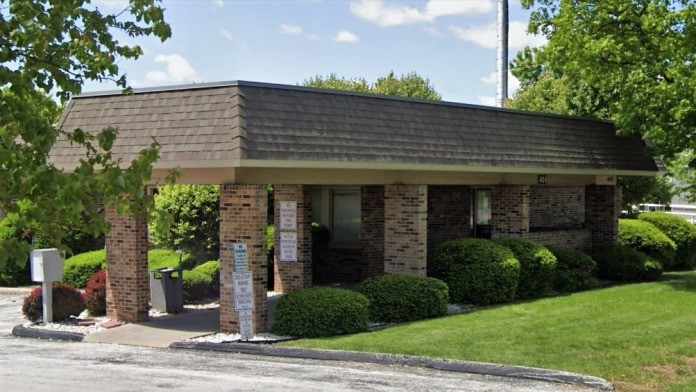
| |
Springfield, MO | KVC Missouri (Previously Great Circle), located in Springfield, Missouri is a private alcohol and drug rehab that offers treatment for a variety of substance abuse addictions including co-occurring mental health disorders. They offer supervised medical treatment to safely manage withdrawal symptoms during detoxification, residential care providing | Treatments Programs Payment Options | Appreciated the clear communication and help staff gave when I inquired about help regarding a loved one!
Kaitlyn Wheeler
2 months ago
Staff is understanding and works with you program had worked well for my kid
Mike
2 months ago
Having a cousin that had to use KVC when they needed it most, I have a great appreciation for everyone and everything they do at this organization. Thank you to all the staff and team members who work here
James Miller
2 months ago
| 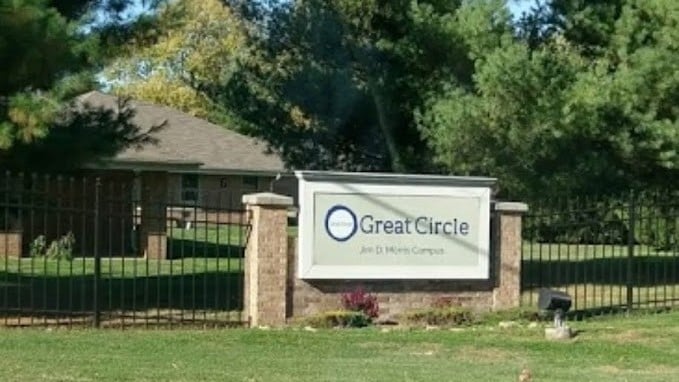
2 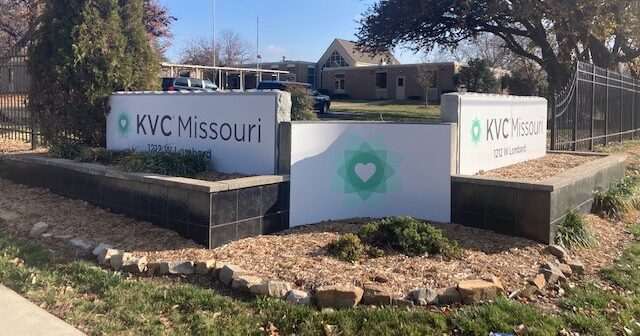
| |
The Recovery Team – North Little RockAd This is an ad and The Recovery Team – North Little Rock is a paid advertiser. Paid advertisers may be listed first in search results. This ad may contain content provided by the advertiser. Rehab.com does not verify ad content or any reviews that are displayed. Learn More North Little Rock, AR | The Recovery Team, founded 10 years ago, is known as one of the top addiction treatment and mental health rehab centers in the country.
The treatment centers provide therapy and medications (if needed) that get to the root of the issue in a welcoming, comfortable environment. Treatment is covered by insurance and backed by hundreds of positi | Treatments Programs Payment Options | View Website (888) 270-7241 | The Recovery Team – North Little Rock has no reviews yet. Leave a review.
| 
4 


|
Joplin, MO | Ozark Center’s New Directions is a behavioral health provider in Joplin, Missouri. They provide treatment for substance use disorders and co-occurring mental health illnesses, including those that develop after trauma and or abuse. In addition to these services, they also provide a comprehensive level of care for children, adolescents, adults and | Treatments Programs Payment Options | I love this place they say drug treatment only thing is they are against drugs I thought they w treat me w drugs false add
Crystal Petty
11 months ago
My counselor and treatment plan have helped so much and been a big part of my 6 months sober!
Zach
1 year ago
Got my intake done very quickly Staff is friendly got the help I needed in a timely manner. I highly Recommend!!
Laura Vizcaya
1 year ago
| 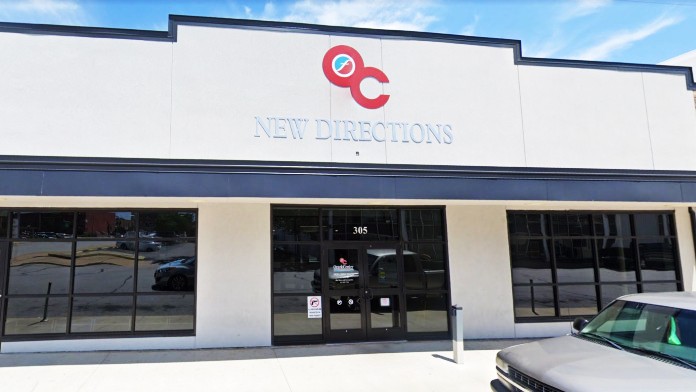
| |
Springfield, MO | Synergy Counseling Center, located in Springfield, Missouri is a private alcohol and drug rehab that offers treatment for a variety of substance abuse addictions including alcoholism, co-occurring mental health disorders, and opiate addiction. They offer supervised medical treatment to safely manage withdrawal symptoms during detoxification, reside | Treatments Programs Payment Options | I love this place, I have no idea how there can be negative reviews. I am low income with decent insurance and I paid nothing out of pocket here. The entire staff is like family. They are fun and are always there for you. I wanted to die coming in here and now I can't wait to live. They gave me the tools to find and keep sobriety in addition to giving me resources and support outside of the inpatient. I felt loved and cared for. I literally get teary eyed even typing this. Please, you deserve help. Call them. See what they can do for you.
6 years ago
I have just completed my stay at Synergy. It has been a wonderful experience. I would highly recommend to anyone needing/wanting recovery. The classes are incredible. The staff are very caring. I feel they have set me up for success upon leaving. I feel prepared and have a plan for entering back into the community!
6 years ago
I attended IOP services for substance abuse for over a year after completing residential treatment at Synergy Recovery Center. I feel the outpatient structure and knowledgeable staff were the key to my success. They was comfort knowing that I had an array of services available from maintenance to inpatient treatment. I also appreciate the general counseling side in which my loved ones without substance abuse are able to utilize. Synergy in general gave me the tools to take control back over my life. I am forever grateful.
7 years ago
| 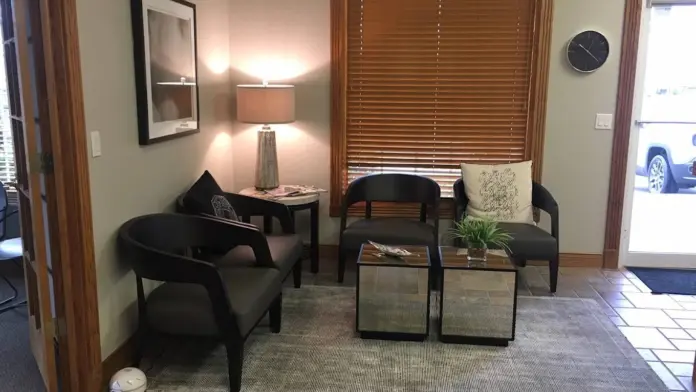
4 
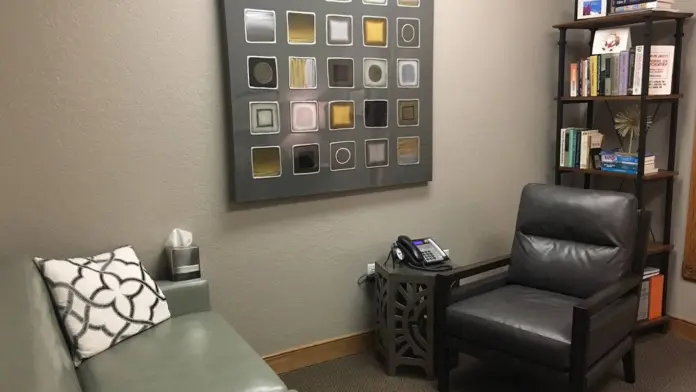
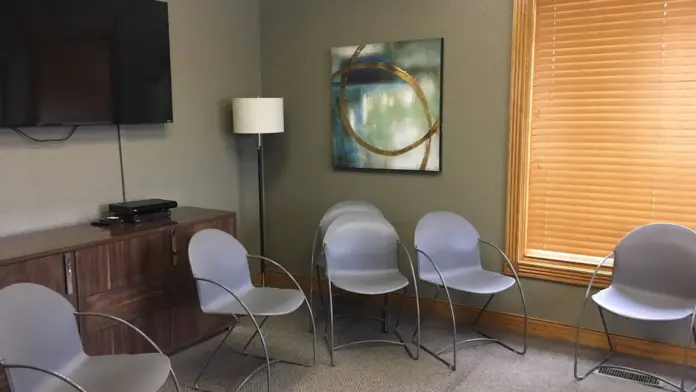
| |
Springfield, MO | Preferred Family Healthcare is a community based healthcare organization that offers a range of services in Springfield, Missouri. At this location, they provide primary care services and behavioral health services. They are a certified Community Behavioral Health Organization that takes a complete approach to behavioral health care. This includes | Treatments Programs Payment Options | 👍👍
Andrea Johnson
3 years ago
Just wanted to comment on the staff. I spoke with Julie in administration about a problem that I had and honestly I had no idea where to even begin. She took the time to be compassionate and understanding, even though her office just happened to be the first one that I knocked on. Thank you Julie for being a wonderful person and help steer me in the right direction.
B Bo
6 years ago
Good
Christina Fuget
7 years ago
| 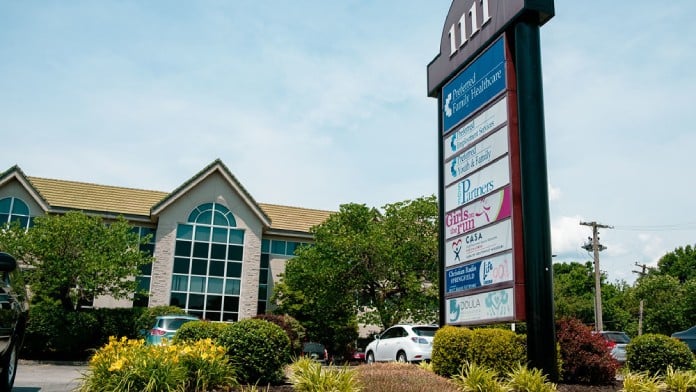
| |
Eureka Springs, AR | Located in Eureka Springs, Arizona, Retreat at Sky Ridge is an alcohol and drug rehab center that provides addiction treatment to men and women. They provide detox, residential treatment, and after care treatment. Retreat at Sky Lodge is a non-12 Step smart recovery oriented addiction treatment center. Services include: Detox This is a medically mo | Programs Payment Options | This is the most amazing rehab facility I’ve ever been to the owner is so understanding and cares about each individual person and the staff are just amazing people and understand addiction I would definitely recommend this to anyone and everyone they have helped me so much on my journey here I’m still here and working on my recovery but they are maken the process as painless as possible I love this place and can’t wait to over come my addiction
Michael Duffy
2 months ago
I have really enjoyed this rehab facility more than any other place I have ever been too by far. The facility is top-notch. Cabins are so nice and comfortable with only two clients per cabin. The food is made fresh every day that is better than five star restaurants in my opinion. So much food with plenty of left overs. The staff are amazing! They care!!!! They actually care about you and your recovery. They spend the time every day teaching us how to manage our lives and pushing the clients to find themselves. Really find themselves and why they use and how to stay sober mentally, physically, emotionally, and spiritually. The outings from the facility are so fun which include things like Top golf, canoeing, trails, rivers, and more. You will find what you need here to make a change to your life. This is your answer to finding the right place to go to!!!!!
Amber Ireland
5 months ago
It’s a place to renew your life !!
Recovery is a beautiful thing on you !!
Casey R Hansen Wilmoth
1 year ago
| 
6 6 



| |
Neosho, MO | Based in Joplin, Missouri, Lafayette House offers sanctuary and support services for domestic abuse, sexual assault, and substance abuse. Care is available to women aged 18+ and their children. Outpatient addiction treatment services are available to participants in Jasper, McDonald, and Newton County drug courts’ programs. One former client desc | Treatments Programs Payment Options | This place saved my life, and I can't believe these people kindness, I loved everyone here, and it made my recovery so much easier.
6 years ago
Wonderful experience! Great people ! They gave me the tools I needed to change my life
Larissa Sheffield
8 years ago
| ||
Riverton, KS | Spring River Mental Health and Wellness, Inc., is located in Riverton, Kansas. They offer same-day services to address and treat your co-occurring mental health and substance use disorder. The center is located in the rural community of Riverton, surrounded by agricultural farm land and next to the Spring River Fitness Center. They offer ample on | Treatments Programs Payment Options | The best bunch of people to work with, very friendly and helpful and will Go out of their way to help.
Stan Robinson
1 year ago
Always helpful and kind
M h
4 years ago
Their Receptionist "Shelly" is very good at her job, she is understanding, patient, helpful, co-operative, and knows her stuff.👍
Nina Fodale
7 years ago
| 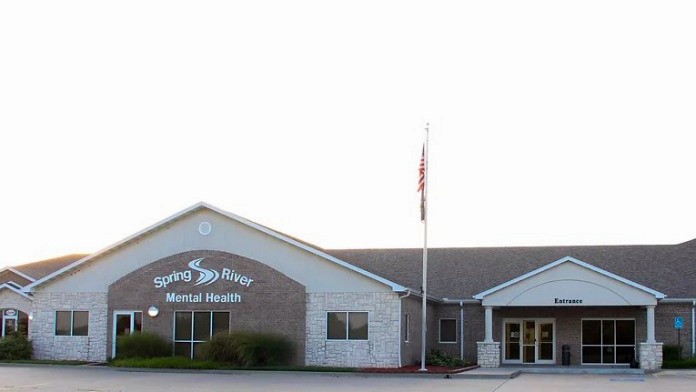
2 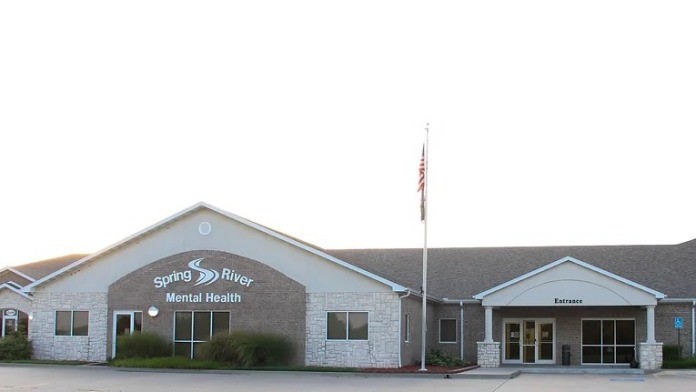
| |
The Recovery Team – North Little RockAd This is an ad and The Recovery Team – North Little Rock is a paid advertiser. Paid advertisers may be listed first in search results. This ad may contain content provided by the advertiser. Rehab.com does not verify ad content or any reviews that are displayed. Learn More North Little Rock, AR | The Recovery Team, founded 10 years ago, is known as one of the top addiction treatment and mental health rehab centers in the country.
The treatment centers provide therapy and medications (if needed) that get to the root of the issue in a welcoming, comfortable environment. Treatment is covered by insurance and backed by hundreds of positi | Treatments Programs Payment Options | View Website (888) 270-7241 | The Recovery Team – North Little Rock has no reviews yet. Leave a review.
| 
4 


|
Springfield, MO | Burrell Behavioral Health is a dual diagnosis addiction treatment center in Springfield, Missouri. Their services include outpatient, intensive outpatient and inpatient services as well as medicated assisted treatment (MAT). They accept many private insurance plans including Anthem, Optum, United Behavioral Health, HomeStateHealth and AmBetter amon | Treatments Programs Payment Options | The people here, not only the staff but the ones surrounding you care about you and your mental health, and they want you to succeed with your recovery! Love you Guys!
6 years ago
So very , very welcoming to our needs . My son has a TBI , we also attend the TBI Group at firefly. Can’t wait to get him in for some Art therapy +. Great location and everyone or so are so accessible of his challenges.
Mr The
1 month ago
Burrell takes good care of my mental health needs. They are kind and thoughtful.
Bob Elder
4 months ago
| 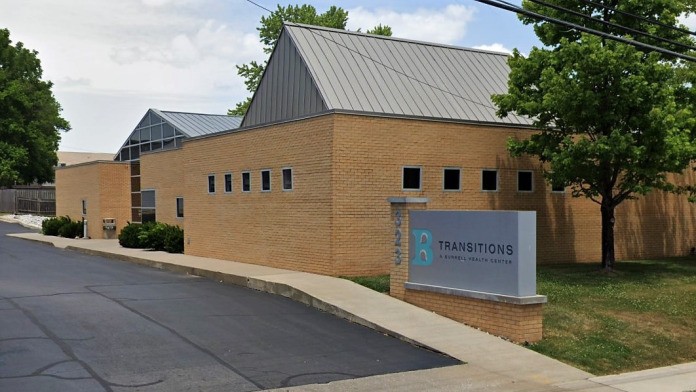
2 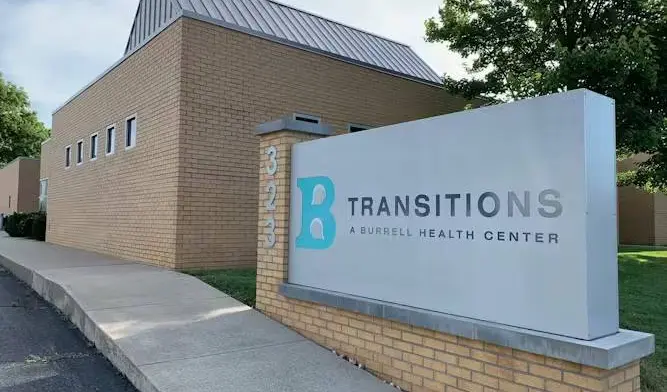
| |
Joplin, MO | Ozark Center – Inspire Center is a trauma informed behavioral health center in Joplin, Missouri. They provide a psychosocial rehab program for adults with mental health disorders and substance use disorders. You’ll attend educational groups that focus on mental health recovery, physical health and wellness, and sober lifestyle development. B | Treatments Programs Payment Options | I love this place they say drug treatment only thing is they are against drugs I thought they w treat me w drugs false add
Crystal Petty
11 months ago
My counselor and treatment plan have helped so much and been a big part of my 6 months sober!
Zach
1 year ago
Got my intake done very quickly Staff is friendly got the help I needed in a timely manner. I highly Recommend!!
Laura Vizcaya
1 year ago
| ||
Joplin, MO | Lafayette House is an alcohol and drug rehab facility in Joplin, Missouri. They serve women and their children with holistic rehabilitation services and provide a safe place for victims of domestic and sexual violence to stay. They are a private residential facility with modern amenities. Lafayette House strives to make itself available and open 2 | Treatments Programs Payment Options | This place saved my life. Seriously the staff are wonderful compassionate caring people and go above and beyond to help clients who are seeking recovery and are serious about it! I absolutely recommend the Lafayette House to women seeking shelter for substance abuse and safety from domestic violence, children are welcome too. They offer so many services. I only wish I had had the courage to check in sooner. Thank you Lafayette house for everything!
Just Bella
2 years ago
They help out
Mary-Ellen Brown
2 years ago
All these parents on here looking for somebody to blame for the death of their child I get it I'd want to blame too but the truth is suboxone helps I've been on a 15 years that saved my life
Kimberly “KIMMI” Dunning
3 years ago
| 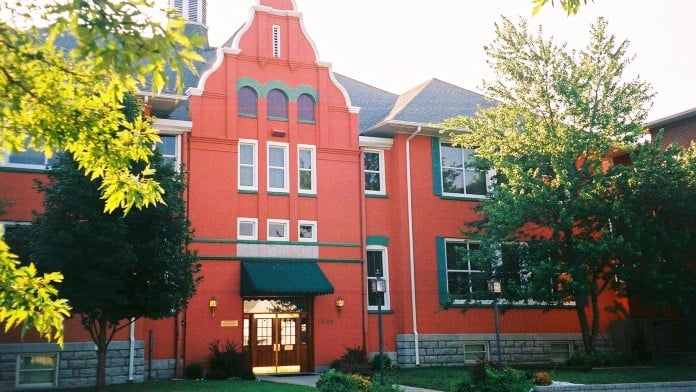
2 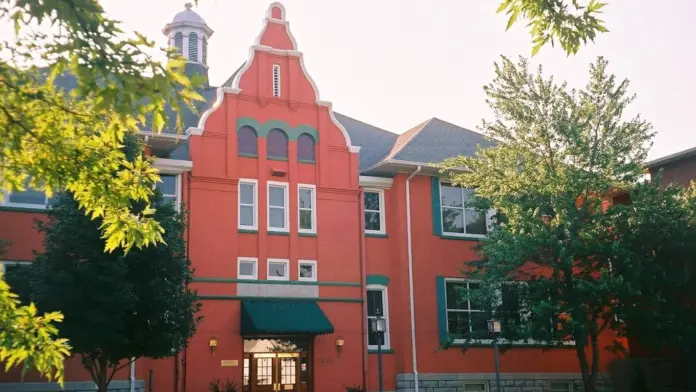
| |
Springfield, MO | Burrell Behavioral Health provides behavioral health services for clients of all ages at locations across Missouri. Their Springfield location is considered their main campus. It’s made up of two buildings with outpatient programs. Building A has psychiatry treatment, primary care, and pharmaceutical services. In Building B, they offer individual | Treatments Programs Payment Options | The Lakeland staff was incredibly friendly, answered all of my questions(some, numerous times), and made me feel much better in a situation which made me absolutely miserable.
I cannot emphasize enough how their patience and politeness made such a situation even remotely bearable.
Both the psychologist and psychiatrist were patient, and they made me feel like at least someone understood.
Even the guy who delivered the food for my restricted diet was very friendly. Lakeland did everything it could to satisfy my needs.
I had a list of names to give a shout out to the members of the staff, but I misplaced it. I will post them as soon as I find it.
The folks whom I remember are:
Gina W. RN
Caitlyn B. RN
Kristy E. BHA Staff
Ryder C. Staff
John K. Manager
2 Northeast
Dale Mader
4 months ago
I've never had a problem with them. The pharmacist is a very caring man who stops what he is doing, even lunch, to assist me. The nurses have always answered my questions. The transition center though needs lots of improvement. But the Bradford one is fantastic
Emmajean Hyson
6 months ago
Idk why there are so many bad reviews...my psychiatrist, Dr. Hennigh, is amazing and my case worker, Caleesa, is also amazing. I've been with Burrell for a little over a year and never had a single issue. Thank you Burrell for helping me get my peace of mind!
Berton Rucker
1 year ago
| 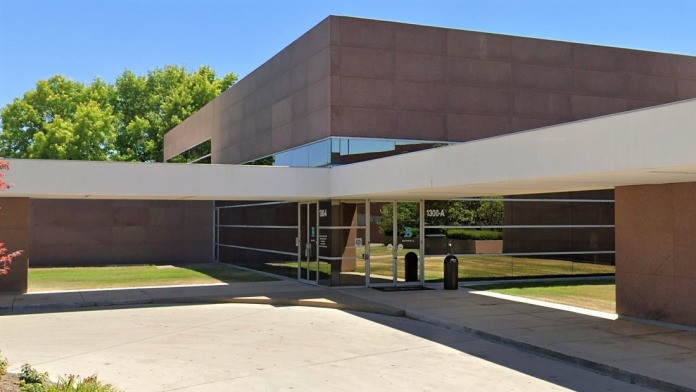
| |
Branson, MO | Veterans struggling with substance use and co-occurring mental health conditions can access outpatient, dual-diagnosis treatment at this branch of VA Fayetteville Arkansas Health Care. Located in Branson, Ohio, the Branson clinic provides consultation, evaluation, and treatment for a range of behavioral health concerns, including addiction disorder | Treatments Programs Payment Options | This is an awesome VA Clinic. These folks are just great and the location is extremely nice. I love going here when I visit the VA. !
Michael Pierce
3 months ago
Team 5 is awesome. Been coming here for 15 years. Moved to Ozark. Still come to Branson VA because of team 5
Mike Mueller
11 months ago
Very friendly and professional.
Sherri Myers
2 years ago
| 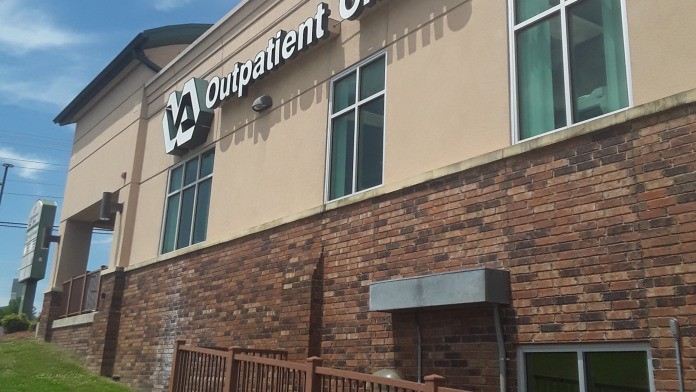
2 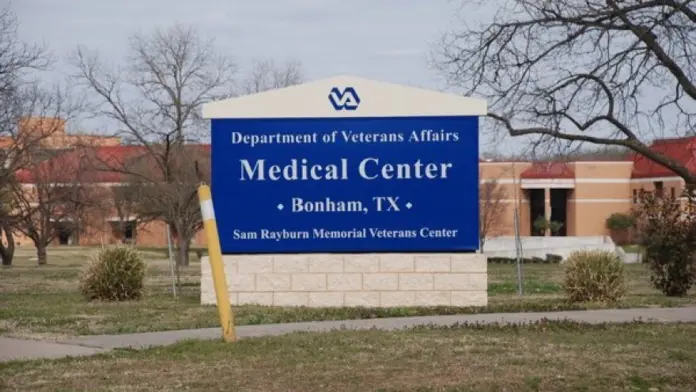
| |
Nixa, MO | Door to Hope in Nixa, Missouri is an organization that provides a substance awareness traffic offender program. They also offer a range of other programs designed to help you regain control of your life. Door to Hope accepts various payment methods, including cash, state financed insurance plans (excluding Medicaid) and government funding. They off | Treatments Programs Payment Options | I was worried at the beginning of my treatment, but in the end, it was by far a great experience. I acquired new knowledge, valuable information that saved my life. They don't shame you or accuse you of having a problem or make you feel guilty. You are accepted and taken care of
6 years ago
This is the program I didn’t know I needed! Most people view this program as punishment for traffic violations, however, having a good attitude and a willingness to learn, the program was a breeze! I highly recommend it to better yourself as an individual! All the staff was polite and professional! And my counselor, Diane was the best! I learned quite a bit from her!
Dan's gaming channel
3 months ago
The classes were engaging and my counselor, Denise, was very good at helping me work through my past trauma. We got to the core reason of why I was drinking, and made a plan for me to prevent relapse. I will recommend this program if I need to to anyone.
M B.
4 months ago
| 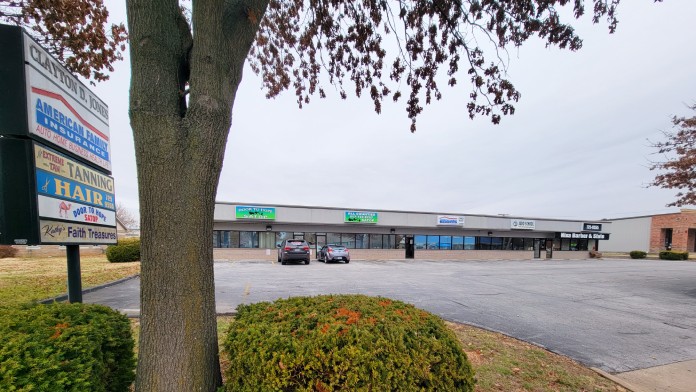
3 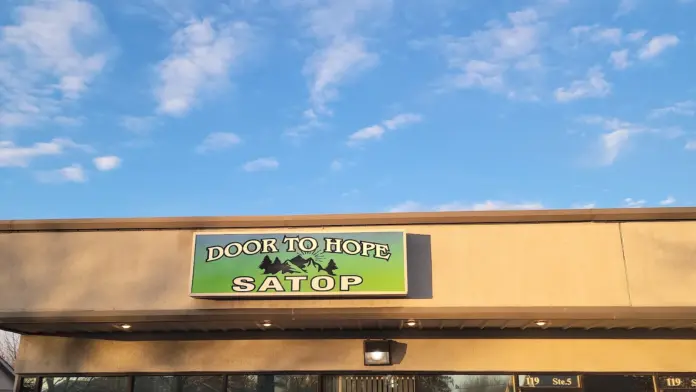
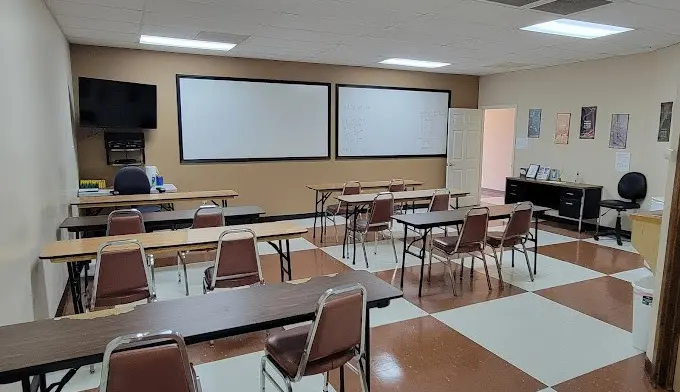
| |
The Recovery Team – North Little RockAd This is an ad and The Recovery Team – North Little Rock is a paid advertiser. Paid advertisers may be listed first in search results. This ad may contain content provided by the advertiser. Rehab.com does not verify ad content or any reviews that are displayed. Learn More North Little Rock, AR | The Recovery Team, founded 10 years ago, is known as one of the top addiction treatment and mental health rehab centers in the country.
The treatment centers provide therapy and medications (if needed) that get to the root of the issue in a welcoming, comfortable environment. Treatment is covered by insurance and backed by hundreds of positi | Treatments Programs Payment Options | View Website (888) 270-7241 | The Recovery Team – North Little Rock has no reviews yet. Leave a review.
| 
4 


|
Springfield, MO | Mercy Clinic Family Medicine is an addiction and mental health treatment facility that focuses on providing comprehensive medical care to residents in Springfield, Missouri. An agent can help you determine if your insurance covers your treatment. If not, then the clinic offers payment plans. Certain individuals might qualify for Mercy’s Financial | Treatments Programs Payment Options | Megan Taylor Benta PA
THIS BEAUTIFUL PA TAKES CARE OF MY HUSBAND AND I TREMENDOUSLY SHE DOESN'T MISS A BEAT.
HIGHLY HIGHLY RECOMMENDED FROM MR AND MRS CASBEER
WE LOVE HER AND WE ARE SO GRATEFUL
Dolores Casbeer
2 months ago
I have been going here for 30 years and love it.
maggie mcdowell
6 months ago
Megan is amazing. Very patient , listens to what you gotta say, I would recommend her if you want a good doctor/nurse.
Karina S (M)
7 months ago
| ||
Branson, MO | Burnell Behavioral Health is a community mental health center located in Branson, Missouri. They provide substance use disorder treatment services ranging from partial hospitalization (PHP) to general outpatient care. The center accepts Medicare, Medicaid, and other insurance plans. Frequent Care Through PHP The highest level of care available at t | Treatments Programs Payment Options | The only place that I've been to where they have treated me as a person and not as a thing or a dangerous individual, so grateful.
6 years ago
I love Burrell. Burrell is the reason im doing well today.
Chrystal Alderson
4 months ago
The only place in town that I could find a cognitive therapist . PTSD is difficult but with a cognitive therapist I came a long way. Highly recommend for your mental health issues . Several different psychiatry and therapist depending on your needs and type of health problem. Only issue is hello, We need a cognitive therapist in Branson Missouri. Springfield is at least a 35 to 45 min Drive.
Cindy Blevins
8 years ago
| 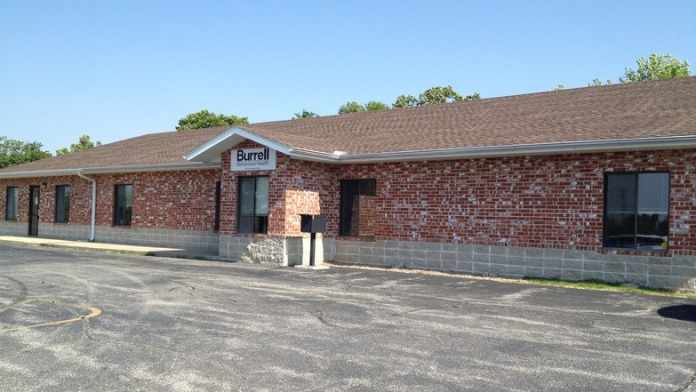
2 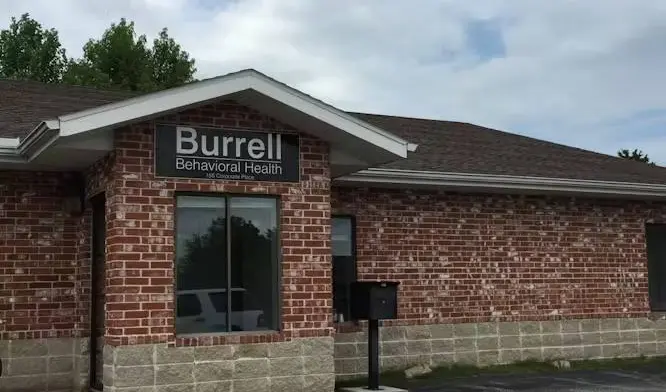
| |
Springfield, MO | Mercy Clinic has services around the entire country, but here we’ll be looking at their Springfield, Missouri location, which offers in-depth substance dependency recovery and mental health services for adults and adolescents seeking recovery from drugs, alcohol, and co-occurring conditions. Their levels of care include both inpatient and outpati | Treatments Programs Payment Options | The medical staff helped me very much, they are very good at listening to me, I feel that I can talk to them about anything. They are always concern about why I feel the way I do. In general, all the staff have helped me with a lot of my problems. Without doubt this center has been a real source of help for me during the last few years.
6 years ago
Dr Wilson has been very helpful and has been able to help me a lot
Brianna Browning
8 months ago
I have been a patient here with Fremont Hills Psychiatry for about 4 years now. The ladies at the front desk are like family, especially Tina! They treat me with such kindness and respect and always go out of their way to help. My prescriptions get handled promptly and on time using the medication voicemail or MyMercy app. My psychiatrist Dr. Sharma is phenomenal. We’ve really built a strong foundation for the mental health therapy I need and I’m fortunate to have a caring psychiatrist with a great sense of humor that genuinely cares about my well being. Over these past years with Dr. Sharma my mental health has improved drastically and I’m able to live a healthy life. I’d strongly recommend this clinic to others.
Morgan
2 years ago
| 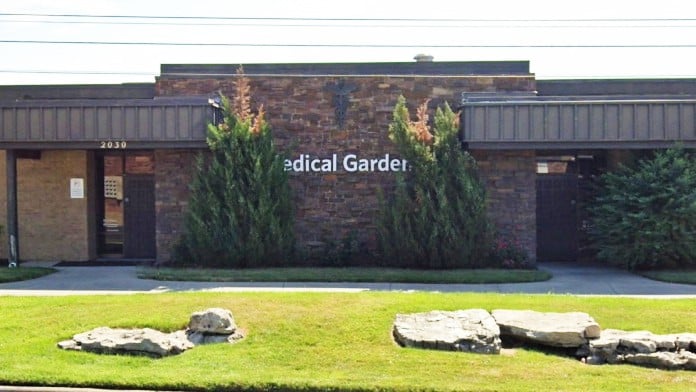
| |
Springfield, MO | Correction Services is an outpatient clinic that provides substance abuse treatment to Courts, individuals, and offenders. Correction Services is locted in Springfield, Missouri. At Correction Services, their professional staff of certified substance abuse counselors works in order to provide the most effective services available within the State. | Treatments Programs Payment Options | This place is great for recovery! I believe that improvement inside each person but this place makes it easier to believe in yourself again!
6 years ago
The knowledge and tools that you need to remain successful in your recovery is crucial. This out patient class provides in depth information into behaviors that you can use for a successful ongoing lifestyle of recovery. Lisa is highly qualified and very knowledgeable in this field listen keep a open mind and give it your all because if your here in the first place you need to take in all you can because your life depends upon your willingness to grasp your situation truthfully. These people here care probably more about you than you do about yourself. Michelle and Lisa care about your success in recovery and put alot of effort into filling you with the tools you’ll need to get back on your feet and live a healthy lifestyle. These ladies lead by example. Thank you for all you do to help make the community safer for everyone.
Chris Shelby
3 months ago
These ladies are great....they do a good job help you understand the path you were on vs the path of your potential....
Matthew
4 months ago
| 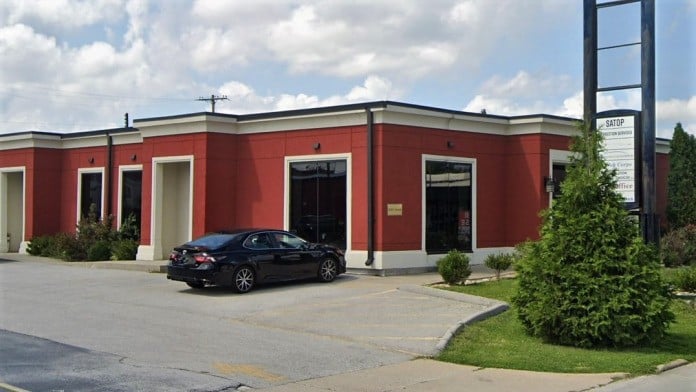
|

Missouri is ranked 29th nationwide in terms of addiction treatment affordability, with an average cost of addiction treatment of $56,782.
The costs of drug and alcohol rehab in Missouri vary widely and depend on several factors, including:
The costs of addiction treatment listed for cities and states are averages based on the cost of the treatment types listed above. These averages are high due to the cost of medical detoxification and residential inpatient rehab programs.
These numbers also reflect the raw cost of drug rehab, before any insurance coverage. The typical individual seeking addiction treatment can expect to pay much less for outpatient or intensive outpatient services than the averages listed below.
There are many ways to pay for drug rehab in Missouri. Most treatment centers accept cash or self-payment, as well as private health insurance. However, there are many treatment centers in Missouri that accept Medicaid and Medicare, or offer sliding scale payments or other low-cost payment options. Here’s the complete breakdown of how to pay for addiction treatment in Missouri.
Blue Cross Blue Shield is the most widely-accepted insurance for drug rehabs in Missouri, with 203 treatment centers in the state accepting their insurance. UnitedHealth Group is the 2nd most popular with 197 treatment centers accepting it followed by Aetna in 3rd accepted by 181 drug rehabs.
Missouri is ranked 16th nationwide in drug rehab admissions, with 565 rehab admissions per 100,000 population in 2023, which is comparable to than the U.S. national average of 621 admissions per 100,000.
The following are the number of Missouri rehab admissions in 2023 for each of the 6 most frequently used drug classes, as well as the relative percent for each type of drug.
Source: Substance Abuse and Mental Health Services Administration. National survey of substance abuse treatment services (N-SSATS).
Missouri is ranked 24th nationwide in terms of annual drug overdoses, with an average of 30.2 overdoses per 100,000 population and a total of 1,879 overdoses in 2023. Opioid abuse accounted for 71% of all drug overdoses in Missouri, with a total of 1,340 opioid overdoses in 2024.
Centers for Disease Control and Prevention. Provisional drug overdose death counts. U.S. Department of Health and Human Services.
Missouri is ranked 18th for drug and narcotics-related violations, with an estimated 529 narcotics citations per 100,000 population which is higher than the National Average of 421.
All values are per 100,000 population.
Federal Bureau of Investigation. Crime data explorer: Crime trends. U.S. Department of Justice.
Missouri has the 14th highest rate of drunk driving in the nation, with a total of 279 DUI arrests per 100,000 people in 2023 (and 17,295 total DUI arrests).
All values are per 100,000 population.
SafeHome.org. DUI statistics and trends.